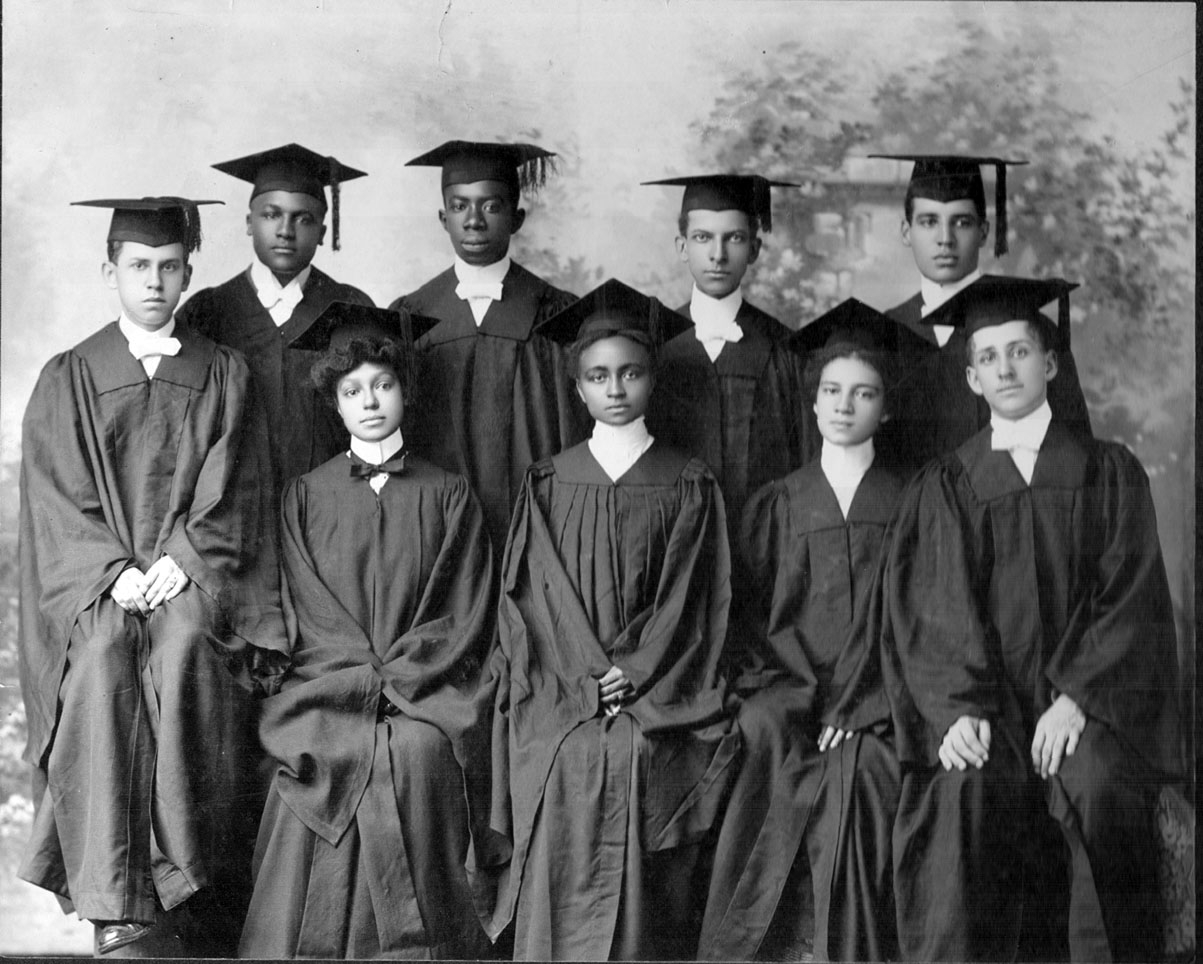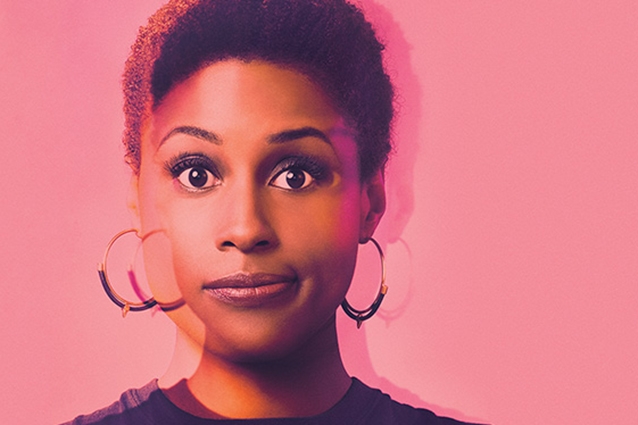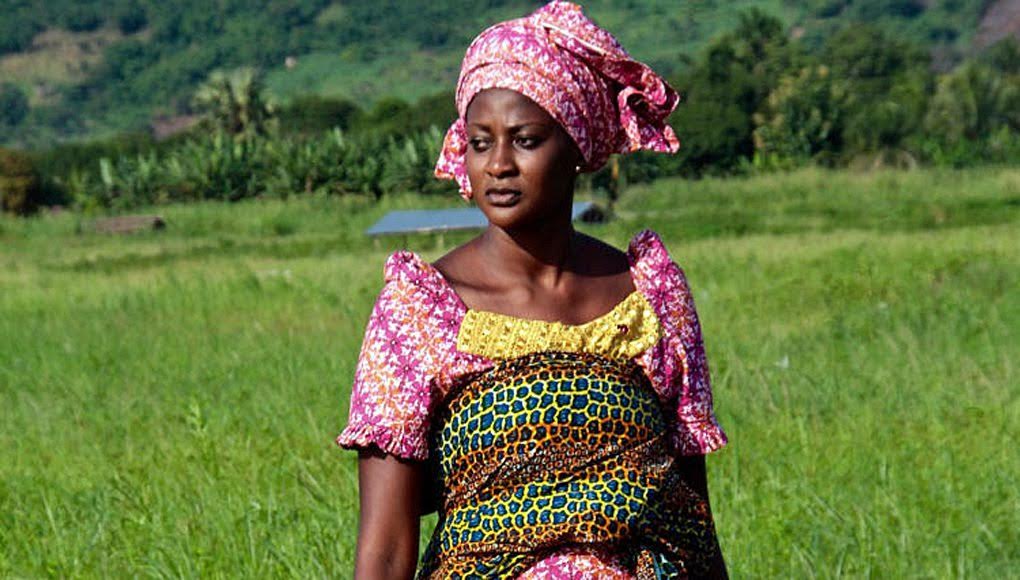 To this day, education is not an inherent right. The effects of segregation are still deeply steeped in the Black community, and unless there is careful nurturing within the family home or by some particularly devoted educators, many Black people in this country have found themselves severely under and uneducated. Despite the lack of resources that are devoted to many public schools particularly in impoverished communities; Black people have always desired the opportunity to learn more about not only themselves but also the world around them. After all, is that not education’s purpose?
To this day, education is not an inherent right. The effects of segregation are still deeply steeped in the Black community, and unless there is careful nurturing within the family home or by some particularly devoted educators, many Black people in this country have found themselves severely under and uneducated. Despite the lack of resources that are devoted to many public schools particularly in impoverished communities; Black people have always desired the opportunity to learn more about not only themselves but also the world around them. After all, is that not education’s purpose?
In his documentary feature, “Tell Them We Are Rising: The Story of Historically Black Colleges and Universities,” Emmy Award-winning documentary filmmaker, Stanley Nelson tells the virtually untold story of the institutions that helped to redefine what it means to be Black in America. Beginning in the days of slavery when even teaching a slave to read could cost you your life no matter the color of your skin, Nelson opens his film by outlining what historian Marybeth Gasman labels as, the “brutality of ignorance.” White supremacists and plantation owners deeply feared uprisings should enslaved people become truly aware of the circumstances in which they were forced to live. Therefore, when Emancipation did come, the desire to read and learn spread like wildfire. It was as if, “the entire race awoke.”
Continue reading at Shadow and Act.
Image: Firelight Films

 Before the formation of Black Lives Matter, there was constant talk about my “lost generation” from those who came before us. According to them, millennials were lazy and self-centered since we’d never had to work for anything. We didn’t know what it meant to protest and to stand up for our Civil Rights since that moment was well before our time. I suppose no one could have foreseen how police brutality and the advent of social media would collide, exploding and rippling throughout the country. It never seemed puzzling to me; after all, young people have always been at the forefront of change across the globe. Youth provides the stamina to tuck in and stick with a cause for the long haul.
Before the formation of Black Lives Matter, there was constant talk about my “lost generation” from those who came before us. According to them, millennials were lazy and self-centered since we’d never had to work for anything. We didn’t know what it meant to protest and to stand up for our Civil Rights since that moment was well before our time. I suppose no one could have foreseen how police brutality and the advent of social media would collide, exploding and rippling throughout the country. It never seemed puzzling to me; after all, young people have always been at the forefront of change across the globe. Youth provides the stamina to tuck in and stick with a cause for the long haul. Some weeks ago, I logged into Facebook and became enraptured by a status an old college friend had recently posted. It read, “I trust Black women more than any other group of people.” Initially, I thought nothing of it, since it also rang true for me, but as I scrolled through the comments under the post, it was clear that my brown skin girlfriend had hit a nerve.
Some weeks ago, I logged into Facebook and became enraptured by a status an old college friend had recently posted. It read, “I trust Black women more than any other group of people.” Initially, I thought nothing of it, since it also rang true for me, but as I scrolled through the comments under the post, it was clear that my brown skin girlfriend had hit a nerve.
 As a Black woman, who is currently child free, motherhood seems like a foreign concept to me. The thought of putting someone else’s needs and desires above my own is an alarming idea, one I’m uncertain I’ll ever be prepared for. What I do know about motherhood is what I’ve learned from my own mother. You simply have to give; openly, freely, and without question.
As a Black woman, who is currently child free, motherhood seems like a foreign concept to me. The thought of putting someone else’s needs and desires above my own is an alarming idea, one I’m uncertain I’ll ever be prepared for. What I do know about motherhood is what I’ve learned from my own mother. You simply have to give; openly, freely, and without question.
